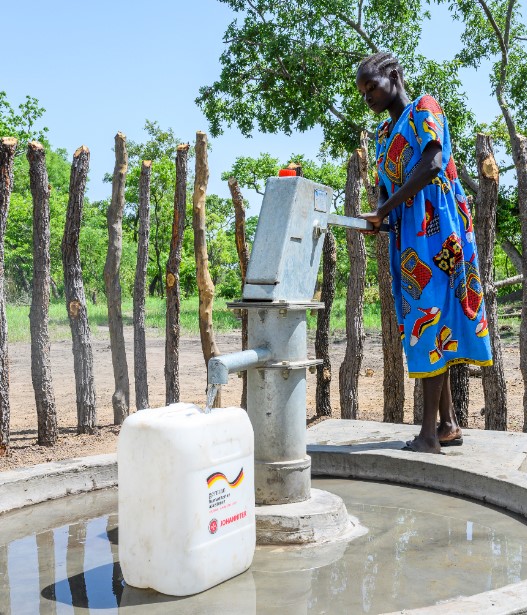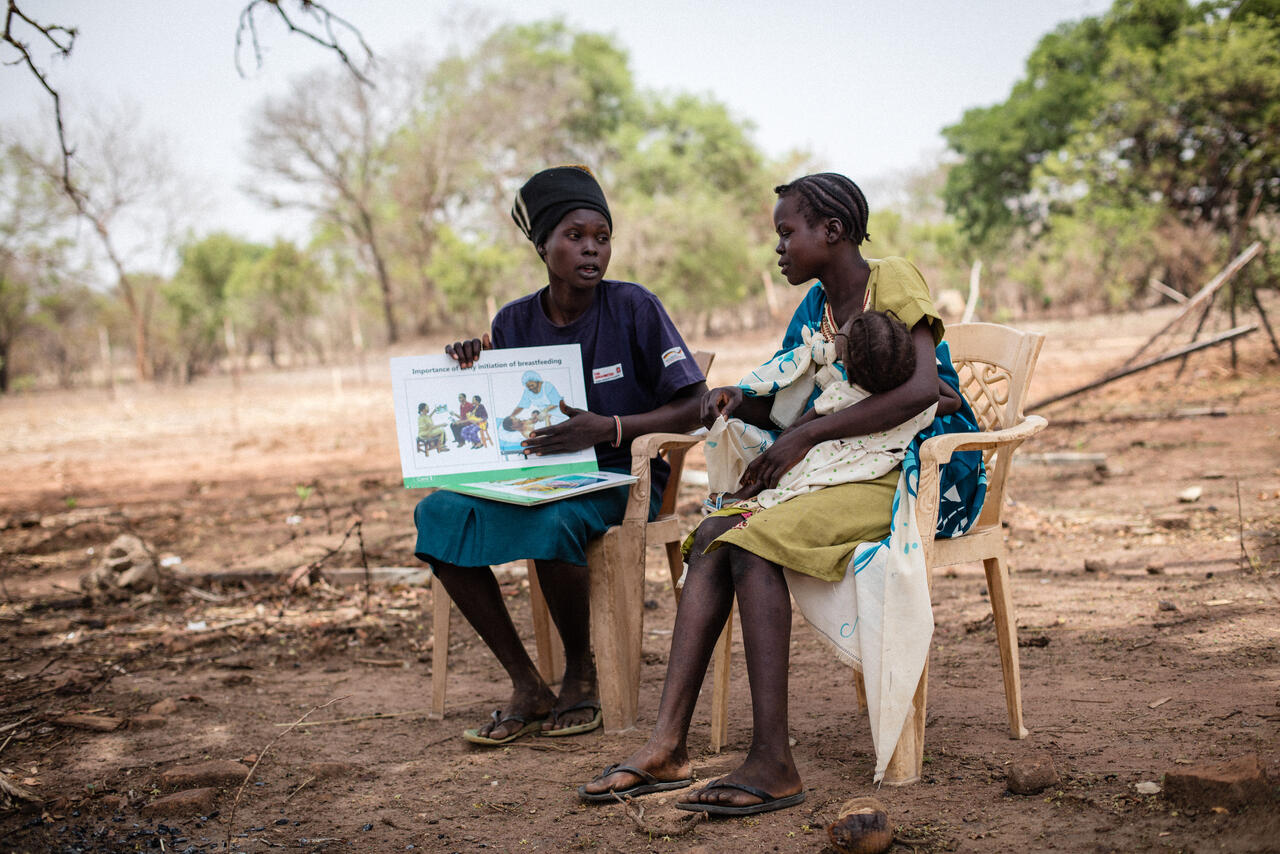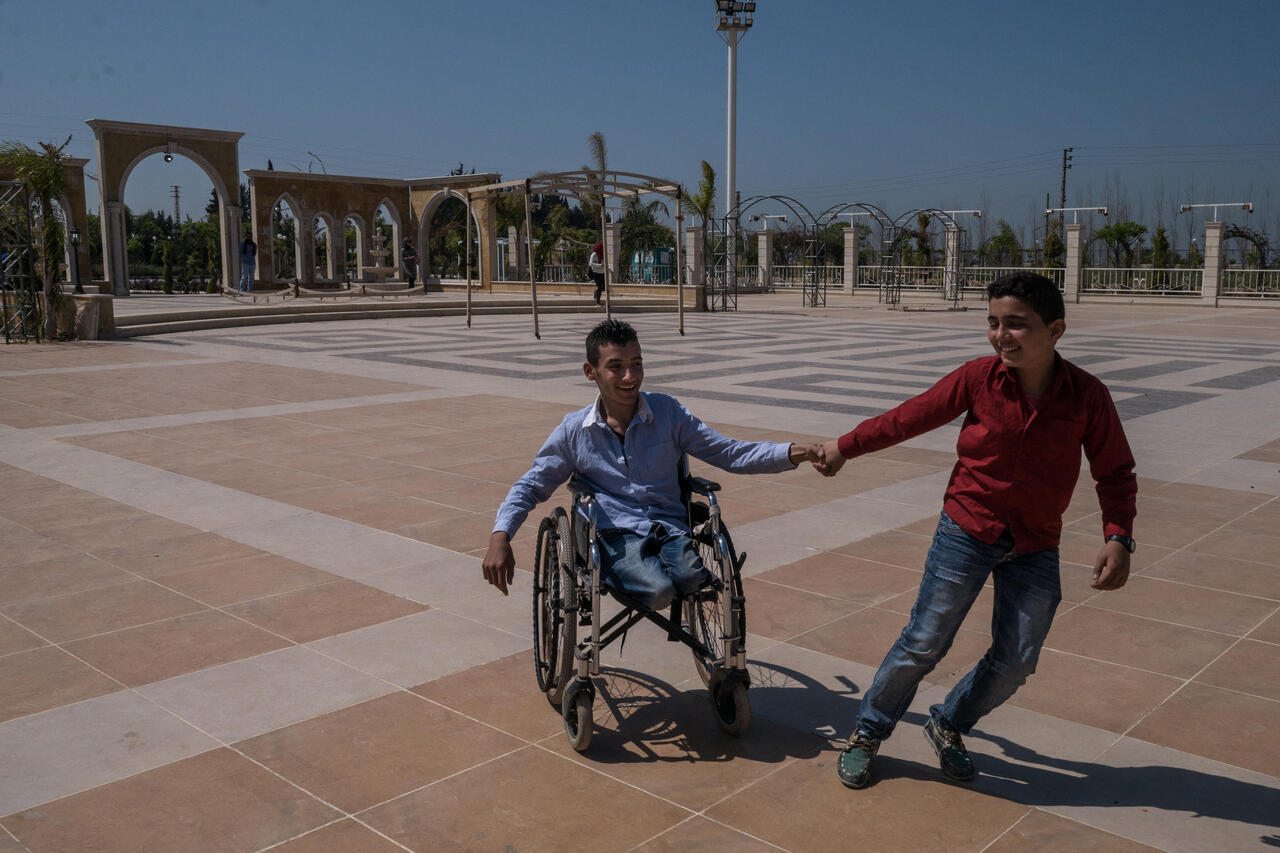Global Price Increases Hit Johanniter Projects
"We can no longer reach all the people as we planned."
Johanniter is concerned about recent cuts in UN programmes due to lack of funding. The organisation is also no longer able to implement its programmes as planned due to increased food, oil and gas prices. "We can no longer reach all the people, and the need has increased enormously, especially in Africa and the Middle East," says Holger Wagner, Head of Programmes at Johanniter International Assistance.
'Less for the same money' is threatening the existence of millions of people. It means more hunger, the spread of diseases, no education and darkness. Many families can barely feed themselves, pay for medical treatment, send their children to school or cover energy costs. "It is no longer a question of doing without one thing like buying strawberries or driving a car. Millions of people no longer have a choice," Wagner warns.
Example Lebanon: Prices rise Fourfold
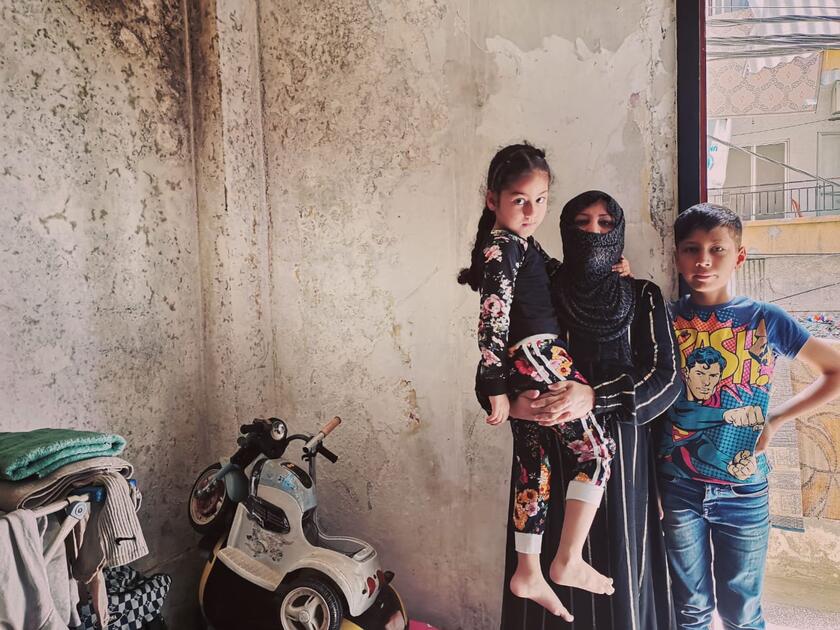
Lebanon has been going through a deep crisis since the collapse of the economy in 2019, the explosion in the port of Beirut and the war in Ukraine. 75 percent of the Lebanese population and 90 percent of the approximately 1.5 million refugees in the country now live in poverty. The oil and food prices, which have risen sharply due to the war in Ukraine, exacerbate their situation. This is because Lebanon imports more than 90 per cent of its grain from Ukraine and Russia and has only small grain reserves.
"The prices for important staple foods such as flour, sugar, oil or yeast have already quadrupled," reports Vijay Raghaven, Johanniter Head of Mission in Middle East. Johanniter, together with the Lebanese organisation Naba'a, is therefore supporting 430 Lebanese and migrant families as well as refugees in the country with food parcels, hygiene items, and cash. "With the cash grant, the families can pay school fees, school materials, medical treatment or rent," says Raghavan.
Example South Sudan: Reaching fewer people with the same money
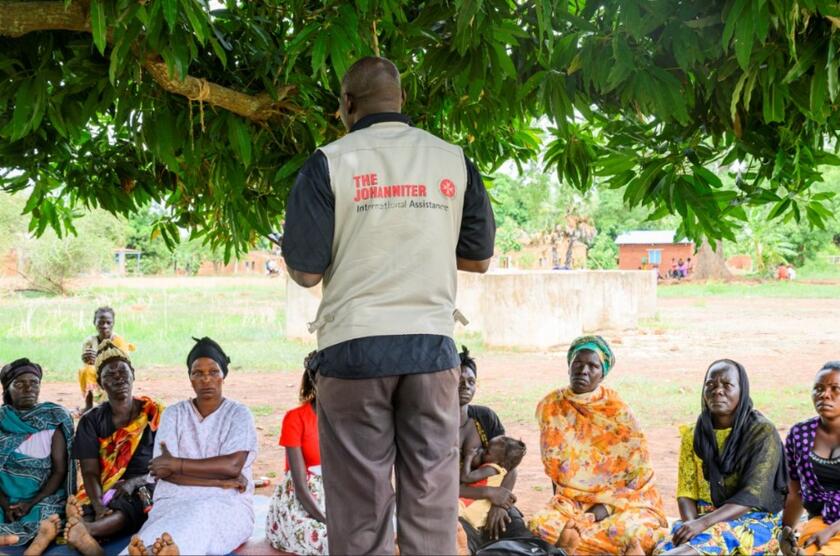
In South Sudan, Johanniter, with the support of the World Food Programme (WFP), is feeding almost 150,000 people through a supplementary feeding programme. However, the global price increase is also affecting Johanniter's programmes here. "With the same amount of money that we had allocated for different activities, we can procure less and therefore support fewer people," describes Jana Jakubikova, Johanniter Senior Programme Manager in South Sudan, describes the situation. WFP announced this week that food aid for 1.7 million people in South Sudan will have to be cut because the financial resources are no longer sufficient. However, two thirds of the people in South Sudan are dependent on aid. The danger of famine is increasing.
